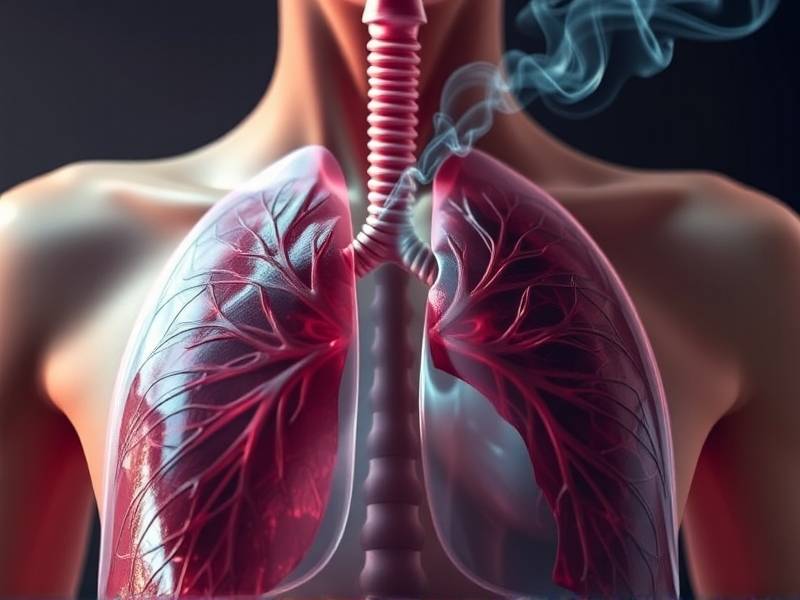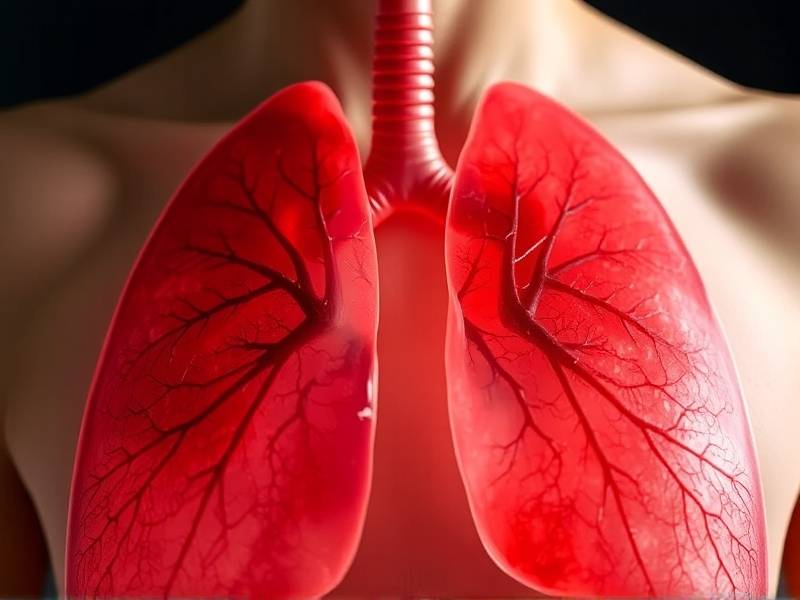Why Do People Still Get Lung Cancer Even After Quitting Smoking?
Unveiling the Mystery: Why Do People Still Get Lung Cancer After Quitting Smoking?
Introduction: Lung cancer remains a leading cause of death worldwide, and despite the overwhelming evidence linking smoking to this disease, many former smokers continue to develop lung cancer. This article delves into the reasons behind this perplexing phenomenon, exploring factors beyond just smoking history.
-
Genetic predisposition: One of the key reasons why individuals may still develop lung cancer after quitting smoking is genetic predisposition. Studies have shown that certain genetic mutations can increase the risk of lung cancer in individuals, even without a smoking history. These mutations can be inherited or occur spontaneously.

-
Exposure to secondhand smoke: Secondhand smoke exposure is another significant factor that can contribute to lung cancer development in former smokers. Even if an individual has quit smoking, prolonged exposure to secondhand smoke can increase their risk of developing lung cancer.

-
Environmental tobacco smoke: Environmental tobacco smoke (ETS), also known as thirdhand smoke, refers to the residue left behind by tobacco products on surfaces and in air. ETS contains harmful chemicals that can cause DNA damage and increase the risk of developing lung cancer.
-
Exposure to other carcinogens: Former smokers may still be exposed to other carcinogens that can increase their risk of developing lung cancer. These include occupational hazards such as asbestos, radon gas, and certain chemicals found in industrial settings.
-
Co-existing diseases: Certain co-existing diseases or conditions can also raise the risk of lung cancer in former smokers. For instance, chronic obstructive pulmonary disease (COPD) has been linked to an increased risk of lung cancer, even in individuals who have quit smoking.
-
Unknown factors: While researchers have identified several potential reasons why people still get lung cancer after quitting smoking, there may still be unknown factors at play. Ongoing research aims to uncover these hidden causes and provide a more comprehensive understanding of this complex issue.
Conclusion: Although quitting smoking is a crucial step towards reducing the risk of developing lung cancer, it is essential to recognize that other factors may contribute to an individual's susceptibility to this disease. By understanding these underlying causes, we can take proactive measures to further minimize our risk and promote overall health and well-being.
